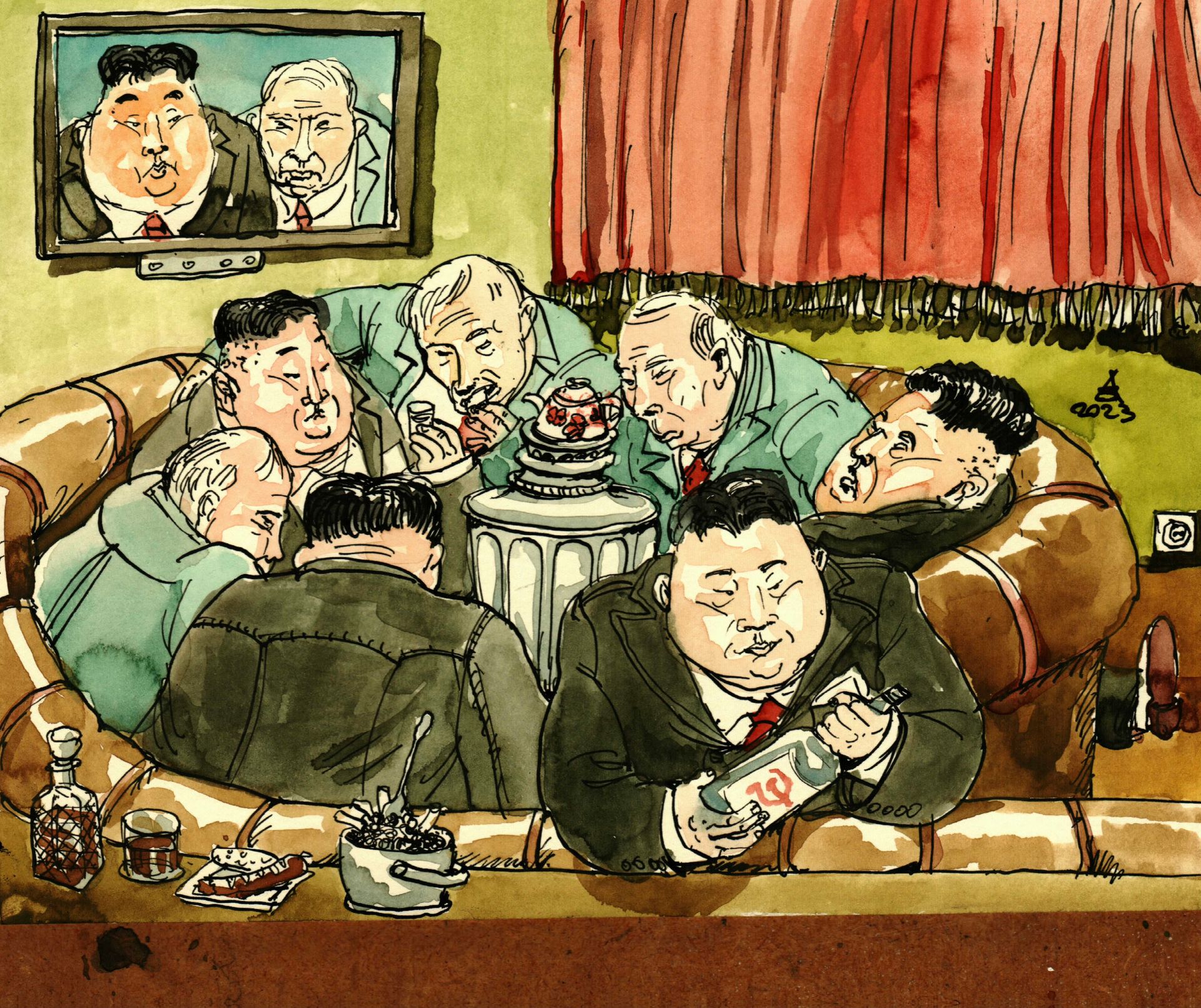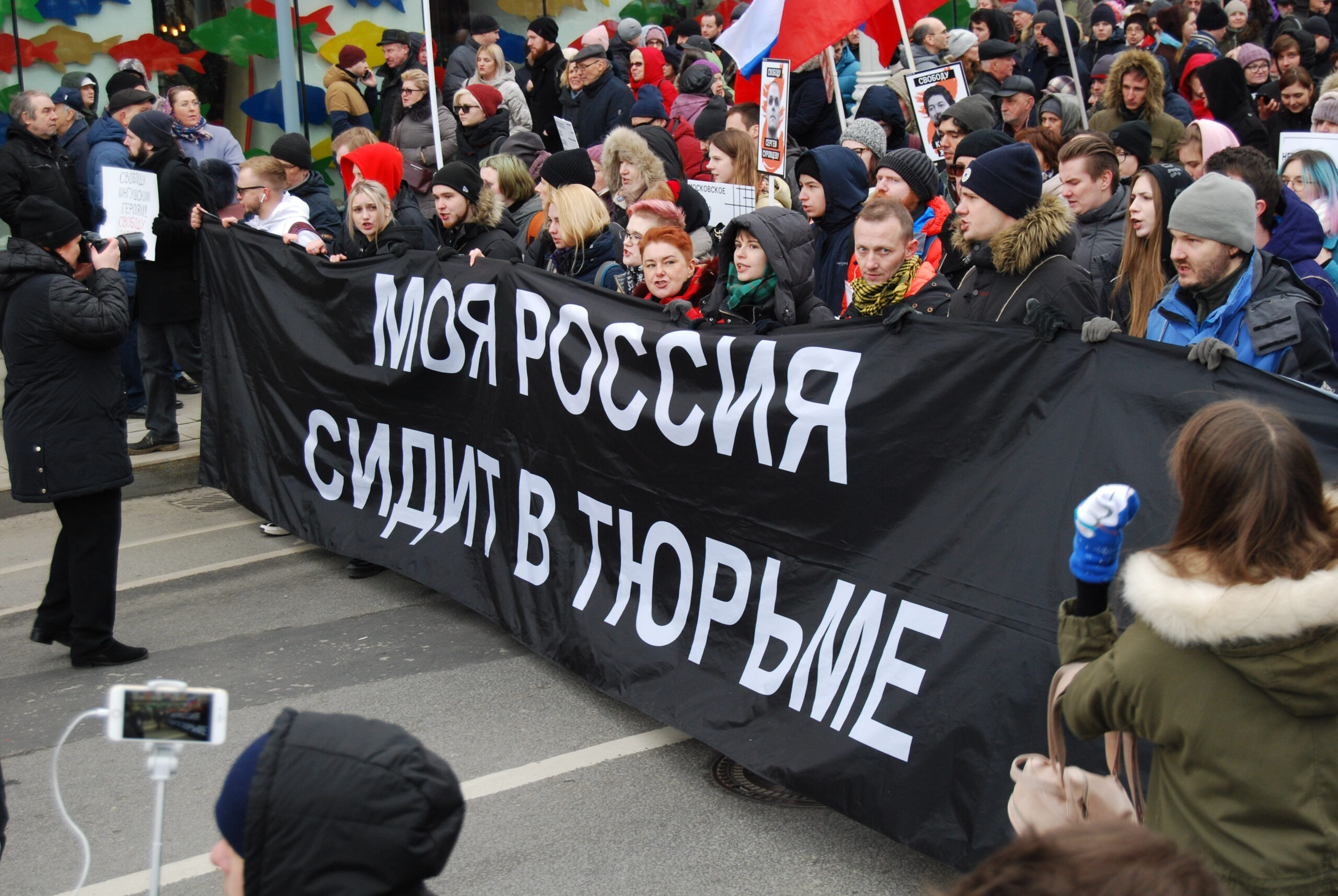DEAR READER,
Russia and Belarus are gearing up for the “hot phase” Zapad-2025 exercises (September 12–16), and some experts are worried the Suwałki gap could be in the crosshairs if things escalate. With troops and equipment tied up at the front, Moscow is sending only about 2,000 soldiers to Belarus. And it also seems that Russia might be testing Poland’s response to airspace violations, just in case. Sounds clickbaity, we know, but remember December 2021? When intelligence services warned about a likely invasion of Ukraine, few took it seriously. Escalation in the Suwałki gap also seems unthinkable now.
Meanwhile, in this week’s expert opinion, we are heading to the Western Balkans. Bosnia has called an early election in Serb-majority Republika Srpska after longtime president Milorad Dodik was banned for defying the international envoy overseeing the Dayton peace deal. The vote is set for November 23, but Dodik has already dismissed it as “meaningless” and hinted at street protests. To help us make sense of it all, we asked Alexandra Karppi, co-host of Talk Eastern Europe, to break down what’s really happening.
Enjoy reading this week’s “brief”!
— Giorgi Beroshvili, Editor
TOP STORIES OF THE WEEK
🇵🇱 Poland says two drones violated its airspace last week but left without causing damage. Military chief Wiesław Kukuła confirmed the drones were tracked by Polish and allied systems, noting they were not shot down to avoid risks on the ground. The incidents came just after Russia’s record drone and missile barrage on Ukraine, which had already triggered NATO aircraft patrols over Poland. Prosecutors also confirmed that another unarmed drone with Cyrillic markings was found near the Polish-Belarusian border, close to a major crossing point. There have been several incursions, including a Russian drone crash in August and additional breaches earlier this month. With Poland sending tanks, ammunition, and heavy equipment to Ukraine, officials say Moscow may be probing its defenses.
🇷🇺 / 🇺🇦 Russia launched its largest drone and missile attack of the war against Ukraine. Overnight strikes on September 7 killed at least five people and injured 44, with Kyiv among the hardest-hit as residential buildings and even the Cabinet of Ministers came under fire. Ukraine’s Air Force reported 810 Shahed drones and 13 missiles were launched, causing power outages, building collapses, and fires across multiple cities. Zelensky condemned the assault as “deliberate crimes”.
🇺🇸 The US is reportedly planning to cut military aid to European countries bordering Russia. According to multiple outlets, Washington informed diplomats that funding for training and equipping regional armed forces will be zeroed out in the next fiscal year. Lithuania’s defense ministry confirmed it was briefed informally, though no official notice has been sent, and the final numbers depend on Congress. The move puts programs like the Baltic Security Initiative at risk: Congress funded $228 million for it last year, but no new money is in the White House’s budget.
🇺🇦 / 🇸🇰 Zelenskyy met Slovak PM Robert Fico in Uzhhorod. Ukrainian President vowed to keep striking Russian energy infrastructure, even as pipeline attacks cut oil flows to Slovakia and Hungary. He also pressed for an end to Russian oil imports while pledging deeper energy cooperation, from electricity imports to joint export projects. The leaders also agreed to revive their intergovernmental commission in October and discussed Ukraine’s path toward EU membership. Despite their differences, Fico assured Zelenskyy that Slovakia will stand with Ukraine in efforts for peace and security guarantees
EXPERT OPINION
Tug of war in Bosnian entity foreshadows painstaking end to strongman’s rule

Dodik in 2016. Source: Wiki
A country perpetually in gridlock thanks to its convoluted institutional makeup, Bosnia and Herzegovina is no stranger to political standoffs like the one that has been unfolding in its Republika Srpska entity over the last six months. Nevertheless, the latest crisis could be reaching a boiling point this fall, and not in favour of Bosnian Serb strongman, Milorad Dodik.
Back in February, as president of the Serb-majority entity, Dodik was sentenced in the first-instance to a year of prison and a six-year ban on holding office for defying the decisions of Bosnia and Herzegovina’s High Representative, an international overseer tasked with protecting the country’s post-war constitutional order. Dodik had proceeded with implementing two laws overturned by the High Representative, both undermining the authority of national institutions on the entity’s soil.
After this initial ruling, Repulika Srpska’s assembly retaliated by removing the jurisdiction of several other national institutions from the entity. Then, in May, when the Bosnian Constitutional Court suspended those laws, Dodik insisted on their implementation. Even as a new criminal investigation was opened against him and his partymen for proceeding, Dodik drafted a new entity constitution and additional laws allowing the entity to form its own army and intelligence services and to prosecute those that defy the new order. While Dodik has spent years chipping away at national authority and building parallel institutions for the entity, this move was the most brazen yet.
On August 1st, Bosnia and Herzegovina’s national courts confirmed the initial ruling. The decision was largely seen by experts as a win for Bosnian rule of law, including its chronically weak judicial institutions. However, the country’s equally precarious election bodies are next to be tested. Even though Dodik was able to commute his prison sentence to a 19,000-euro fine, the Central Election Commission stripped him of his mandate as entity president, triggering snap elections.
Since then, Dodik has continued to assert that Republika Srpska will not accept the outcome of the ruling, claiming that the position of the High Representative is a threat to the entity’s sovereignty. He encouraged the opposition and voters to boycott the election for his replacement, scheduled for November 23rd. Dodik also threatened to deploy police to prevent polling stations from being erected and urged citizens to take to the streets in protest. Two weeks ago, the Republika Srpska assembly called a referendum for October 25th in which citizens will be asked whether they accept decisions by the High Representative, national courts, and election bodies.
As with any political standoff in Bosnia and Herzegovina, the situation threatens to escalate into some form of violence. Over the weekend, an opposition politician who has been vocal against Dodik’s antics was attacked by two masked men. The incident, not the first of its kind in Republika Srpska, is both a marker of how intolerable the political climate has become and a sign that small-scale violence is increasingly possible as the referendum and snap elections approach.
The prospect of any violence is worrying and requires urgent attention from those in Brussels and Washington who can really make the court’s bite sting. There is also still the open question of whether the High Representative can and will use his sweeping “Bonn Powers” to react.
Yet, taking the long view, Dodik’s days are likely numbered. Despite Hungarian Prime Minister Viktor Orbán and Serbian President Aleksandar Vučić running to Dodik’s defence online, neither are in a position to throw him a meaningful life line. The former faces entrenched international isolation and is losing his grip over the Hungarian electorate, while the latter is fighting not to lose favour in Brussels as Serbian police come down hard on peacefully protesting citizens. Meanwhile, Dodik is running out of cash and the entity’s economy is in dire straits – not good news for a man who runs on patronage for fuel.
In truth, Dodik’s latest step towards an institutional putsch is probably best read as a “hail Mary”. But, for exactly that reason, it would be a mistake to let him get away with it. The choice for western leaders is clear: put an end to Dodik’s game now by backing the Bosnian courts more stringently, offering additional protections to election authorities, revoking critical funding to the entity, and – perhaps most critically – reimagining Bosnia and Herzegovina’s institutional makeup. Otherwise, it is to step aside and let Dodik see how much further he can go.
— Alexandra Karppi, Co-host of Talk Eastern Europe
As a member of New Eastern Europe, you’ll enjoy unlimited access to premium articles, our full archive, downloadable PDF issues, and our podcast. Choose digital-only or add print delivery, and join a community that values independent, in-depth analysis.
ARTICLES OF THE WEEK
CARTOON OF THE WEEK

Do you want to see more of Andrzej’s drawings? Check out our dedicated gallery page featuring his cartoons here.
GOT THOUGHTS? WE WANT TO HEAR THEM
It only takes 2–3 minutes to fill out the form, and we genuinely love reading every single response. Share your feedback!





